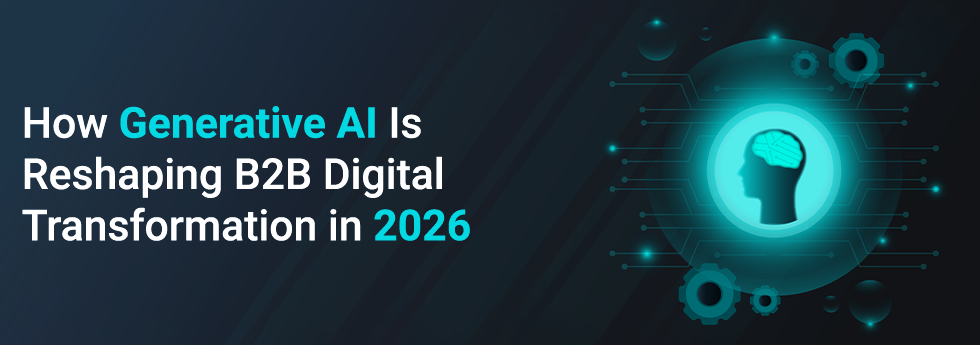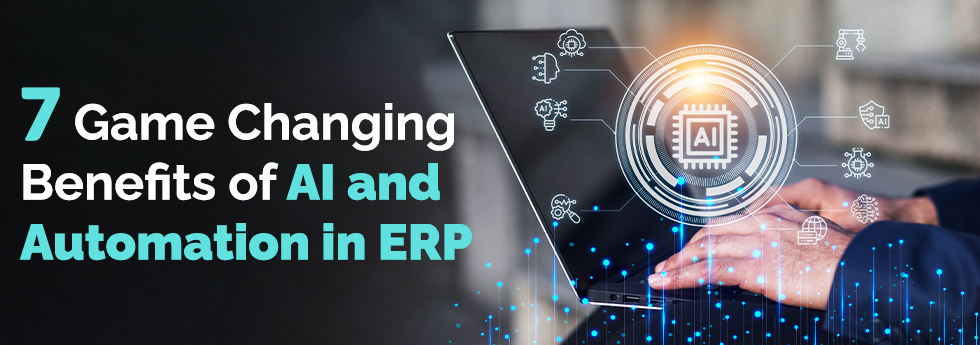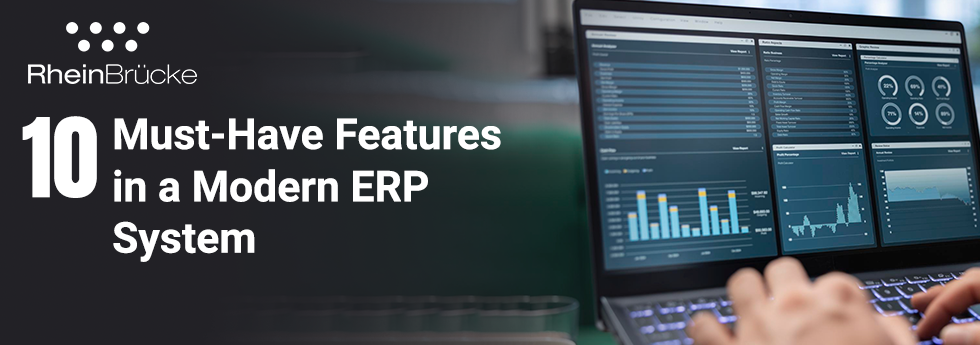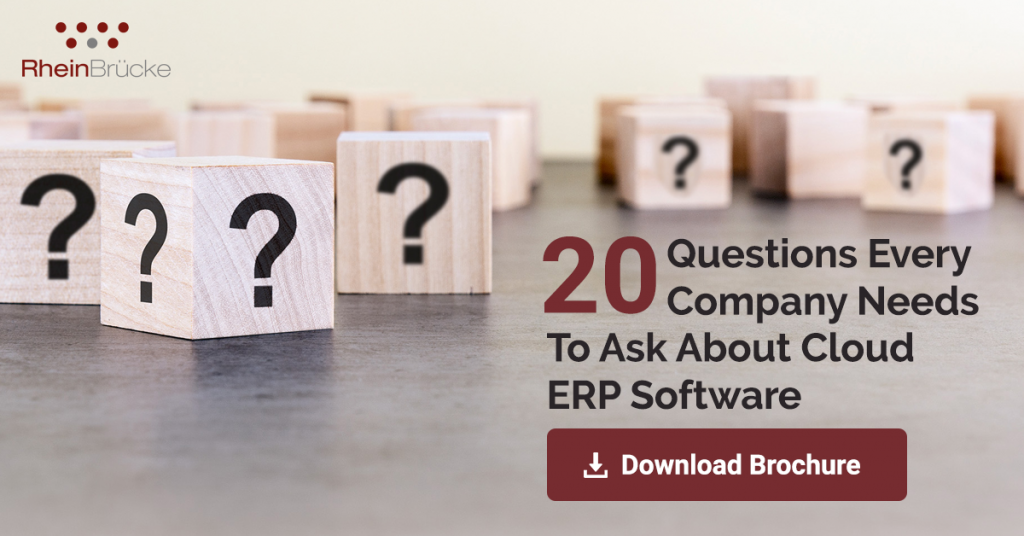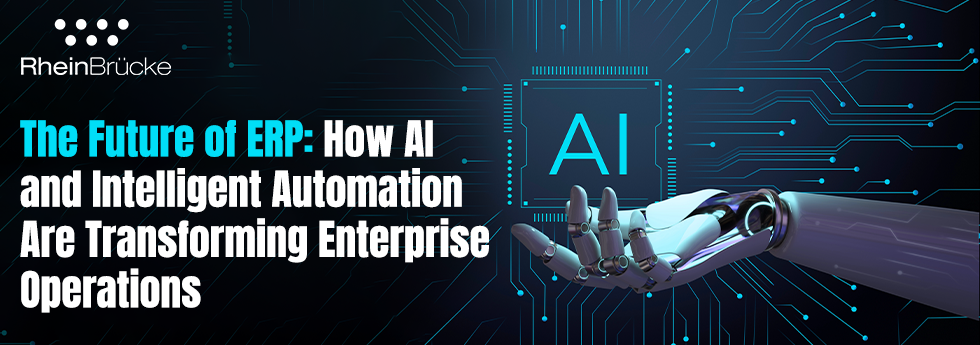
Enterprise Resource Planning (ERP) systems have long been the operational backbone for businesses, but the integration of advanced Artificial Intelligence (AI) and intelligent automation is now transforming ERP capabilities, driving proactive, predictive, and adaptive enterprise management.
At the heart of modern ERP transformation is Artificial Intelligence (AI), which helps extract valuable insights from the vast data within ERP systems that can enable the next level of gains.
1.Helps detect complex patterns in financials, supply chain, and customer behaviour
2.Enables accurate forecasting and proactive risk mitigation
3.Moves beyond reporting to deliver real-time, predictive insights
From Reactive to Proactive Systems
One of the most significant shifts brought about by AI in ERP systems is the move from reactive to proactive management. For instance, in manufacturing, AI algorithms can predict equipment failures before they occur, allowing for preventive maintenance that minimizes downtime and reduces costs.
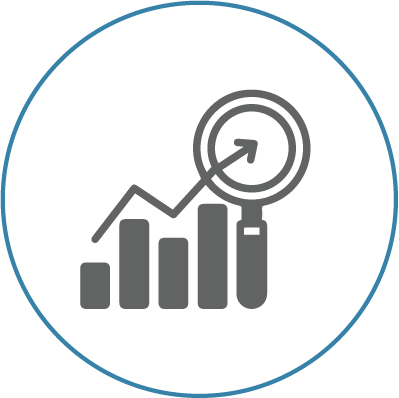 Adaptive Sales & Demand Forecasting
Adaptive Sales & Demand Forecasting
- Streaming POS, e‑commerce clicks, and market sentiment feeds adjust forecasts hourly.
- If a marketing campaign spike appears, the system instantly updates production schedules and replenishment orders.
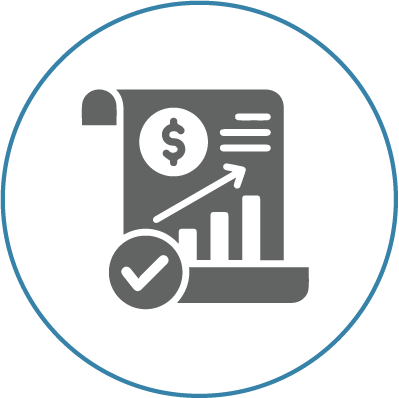 Live Financial Planning & Analysis
Live Financial Planning & Analysis
- Actuals from accounts payable, accounts receivable, payroll and overhead post continuously into the FP&A engine.
- Variance alarms trigger when actual spend deviates beyond thresholds, triggering suggested budget reallocation or cost‑control measures.
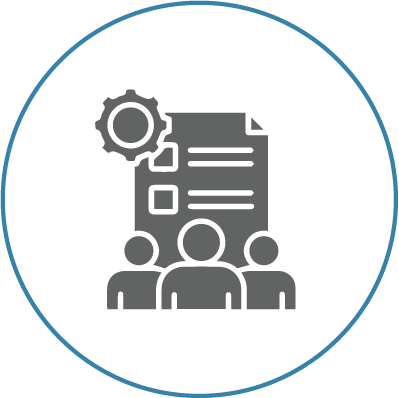 Workforce Planning
Workforce Planning
- Real‑time attendance, project demands, and skill‑utilization metrics feed an AI optimizer.
- The system auto‑schedule shifts, recommend cross‑training, and predict future headcount needs.
Intelligent User Experience: Ongoing Interaction
Conversational ERP Agents: Employees and managers interact via chat or voice such as “Show my team’s headcount vs budget” or “Initiate vendor onboarding”, and receive immediate insights or actions without module hopping.
For example, Epicor is enhancing its ERP systems with conversational AI through tools like the Epicor Prism Knowledge Agent, enabling users to access information and complete tasks using natural language interactions for faster, clearer, and more intuitive experiences.
Personalized Action Panes: Each user’s homepage adapts based on role and behaviour: finance sees pending approvals; sales see quota attainment alerts; HR sees upcoming compliance deadlines. Next‑best‑action prompts guide users toward high‑impact tasks.
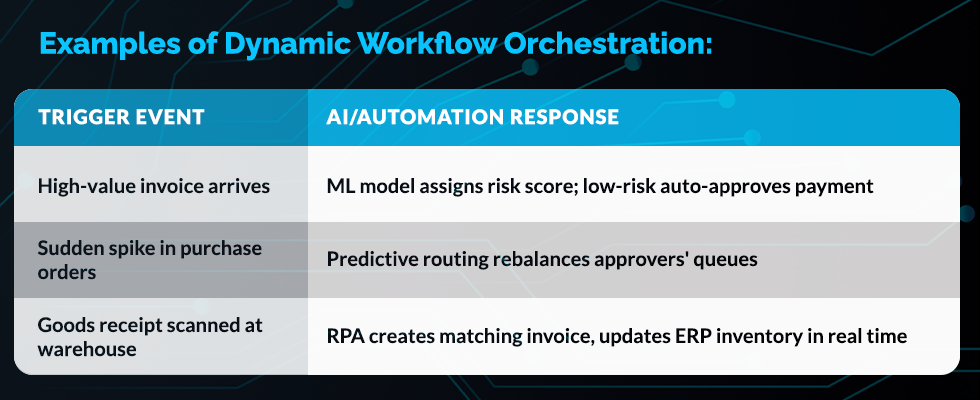
Cognitive Anomaly Detection for Fraud & Risk Management
Traditional rule-based fraud detection systems are rapidly becoming obsolete, as Artificial Intelligence (AI) and unsupervised machine learning now outperform them by identifying subtle, previously undetectable patterns and anomalies in large financial datasets.
These advanced AI-driven ERP capabilities can automatically flag unusual journal entries, suspicious vendor transactions, and irregular expense claims that could signal fraud, errors, or compliance issues. Rather than searching for predefined risks, AI continuously learns what normal financial behaviour looks like and instantly detects deviations, even uncovering novel, sophisticated threats before they escalate.
Cloud-First ERP: The Foundation for Intelligent Systems
The remarkable growth in the cloud ERP market is driven by several distinct advantages. Cloud platforms offer simpler deployment processes, lower upfront costs, elasticity in resource utilization, continuous access to new functionality, reduced requirements for internal IT resources, and the ability to easily scale as business needs evolve
In Summary, Enterprises that invest in real‑time data orchestration, role‑aware user experiences, and AI‑driven optimization will gain agility and resilience in every domain they touch. The future of ERP is not static reporting or transactional efficiency; it is continuous situational awareness and self‑optimizing operations at scale working in an intelligent and adaptive manner. It’s not just about processing data but leveraging it to drive decisions, detect risks, and uncover opportunities. Companies that embrace AI-powered ERP systems will be better equipped to navigate change, innovate faster, and operate more efficiently.

